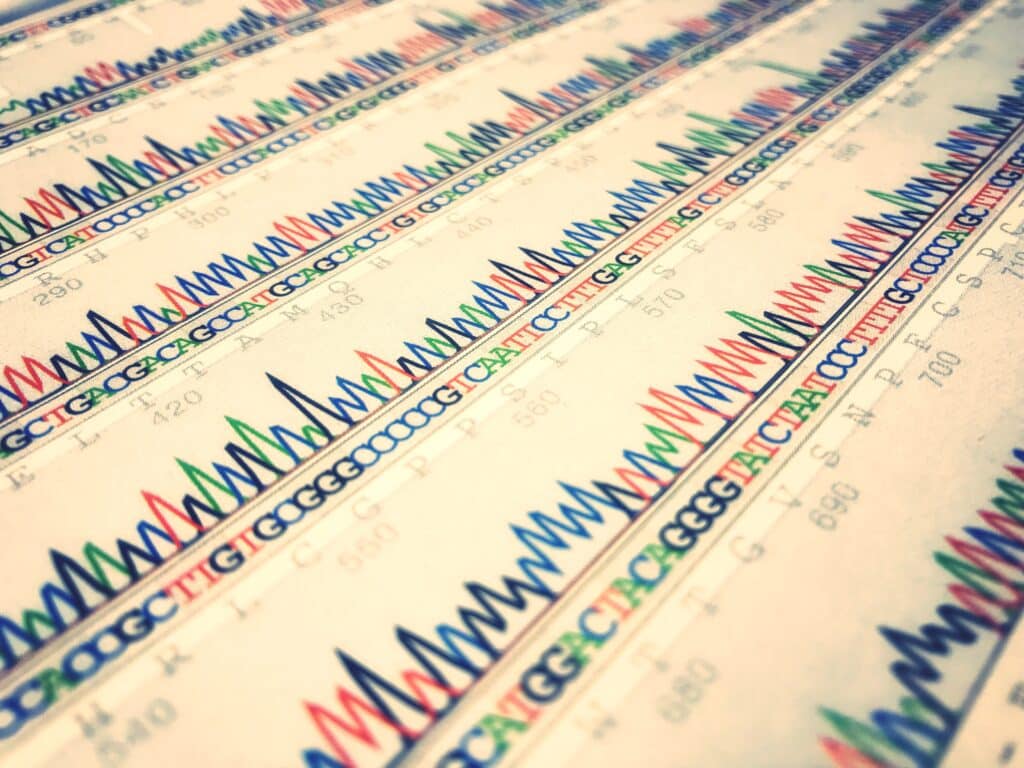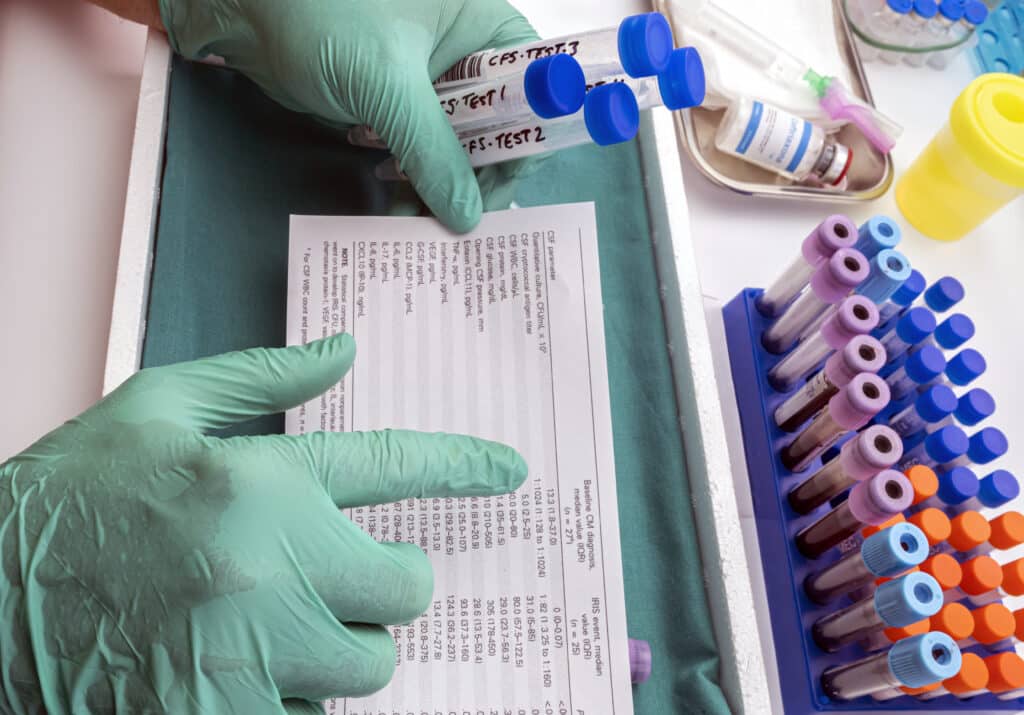Investigating PEM via Muscle Biopsy in ME/CFS and Long COVID

This study explores the biological changes that occur in the muscles during post-exertional malaise (PEM), both in historical cases of ME/CFS and cases of Long COVID that meet the criteria for ME/CFS.
COVID to Long COVID to ME/CFS
OMF secured a $1 million grant to launch the first year of an international, multi-year study across the six OMF supported Collaborative Research Centers (CRC). The aim of this study is to examine Long COVID transitioning to ME/CFS.
Metabolic Differentiation of ME/CFS and its Comorbidities

This study will investigate the metabolite signatures of ME/CFS patient stool, urine and blood samples and the impact that comorbidities (IBS and Fibromyalgia) have on these signatures.
Biological Outlier and Subtyping Software for ME/CFS (BOSS-ME)

This project will develop a software tool to rapidly look for metabolism anomalies in an individual which might be explained by their genes. It will also look for potentially damaging genes in individuals and it will attempt to group ME/CFS patients based on their genetic and metabolic profiles.
Cellular Nitrogen and Energy Metabolism in ME/CFS

This project aims to test the nitrogen hypothesis, which is that damaging, nitrogen-containing by-products of energy metabolism accumulate more readily in the cells of ME/CFS patients.
Ocular Motor Study
The aim of this project is to fully characterise eye movement changes in ME/CFS on two consecutive days, identifying an ocular motor signature that is unique to the disorder.
Serial Pediatric Omics Tracking for ME/CFS (SPOT-ME)

This study seeks to understand pathological mechanisms of pediatric ME/CFS (13 to 18 years old), using case-control and longitudinal study design that meshes clinical measures and omics methods.
RAman SPectrometry Based biomarkER discoveRY for Myalgic Encephalomyelitis (RASPBERRY-ME)

The overarching goal of RASPBERRY-ME project is the characterization of the biomolecular signature of Myalgic Encephalomyelitis using Label-free Raman Spectroscopy (RS) and machine learning models.
Precision Medicine for Myalgic Encephalomyelitis Drug Discovery and ClinicaI Trials (REMEDIAL)
The REMEDIAL project continues the work commenced with MAESTRO and will lead to a better understanding of the molecular mechanisms underlying ME/CFS pathophysiology,
the persistence and variability of the symptoms, and will contribute to the identification of targets and therapeutic agents for intervention.
Studying ME/CFS Pathogenesis via Cerebrospinal Fluid

The goal of this research is to reveal more information about the role of immunology and neuroinflammation in ME/CFS, and the underlying mechanisms of related pathogenesis that takes place.